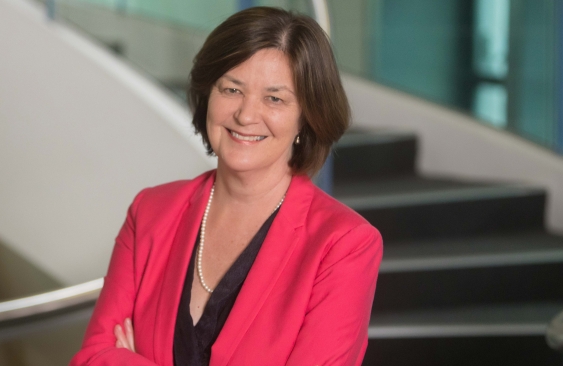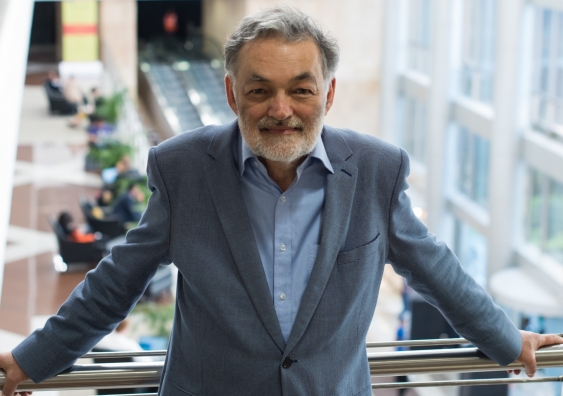UNSW academics elected to Academy of Health and Medical Sciences
A UNSW Sydney researcher is among 28 of the nation’s top medical and health researchers elected as Fellows of the Australian Academy of Health and Medical Sciences (AAHMS) in recognition of their outstanding contributions to health and medical research in Australia.
The new Fellows are elected when health and medical science is making a crucial contribution to the nation’s future, as the community works to tackle the COVID-19 pandemic. Many of them have been pivotal to the response in Australia and overseas.
Scientia Professor Guy Marks FAHMS has been recognised for his global contribution to asthma, chronic lung disease, tuberculosis and air pollution.
“I am honoured to receive this award and to join such distinguished company. I believe Australian health and medical research has a great history of contributing to solve global health problems,” Prof. Marks said.
Prof. Marks has made diverse contributions to knowledge, policy and practice in respiratory medicine, including describing the mechanisms of thunderstorm asthma and recommending mitigation approaches, assessing the impact of unflued gas heaters on the health of children in schools, and describing the impact of road tunnels and traffic on air pollution and health. In the past 10 years he has led studies on tuberculosis (TB) control in Vietnam, seeking to assemble evidence towards ending TB as a global health problem.
UNSW Dean of Medicine Professor Vlado Perkovic was thrilled that his colleague had received this prestigious honour.
“I would like to congratulate Prof. Marks on the honour of being elected a Fellow by his peers. His research excellence and leadership in respiratory medicine has had a global impact and we are privileged to have him represent the Faculty of Medicine,” Prof. Perkovic said.

Professor Susan Clark
Professor Susan Clark, Leader of the Genomics and Epigenetics Research Theme at the Garvan Institute of Medical Research and a Fellow of the Australian Academy of Science (FAA), has also been elected Fellow of AAHMS for her world-leading discoveries in the field of epigenetics.
Her research has helped revolutionise the field through new technologies that profile DNA changes in early development and cancer, and has laid the groundwork for using epigenetics to detect and monitor cancer progression.
“We are finally beginning to understand the relationship between genetics and epigenetics: how alterations in the DNA sequence and alteration in epigenetics marks work together to modify the 3D architecture of DNA to cause de-regulation of gene expression and resulting cancer initiation and evolution,” said Prof. Clark.
“But I believe the in-roads we are making today will have a transformative impact in the treatment of cancer in years to come.”
Professor Chris Goodnow, Executive Director of the Garvan Institute, said: “The election to the AAHMS is a demonstration of the remarkable uplift that Sue’s research has contributed to Australia’s health and medical research ecosystem. Her leadership in epigenetics has left a lasting legacy on the strategic direction of the Garvan Institute, and will inspire this field for many generations to come.”
The AAHMS advances health and medical research in Australia and its translation into benefits for all, by fostering leadership, providing expert advice to decision-makers, and engaging patients and the public. Its body of Fellows are elected by their peers for their outstanding achievements and exceptional contributions to health and medical science in Australia.

